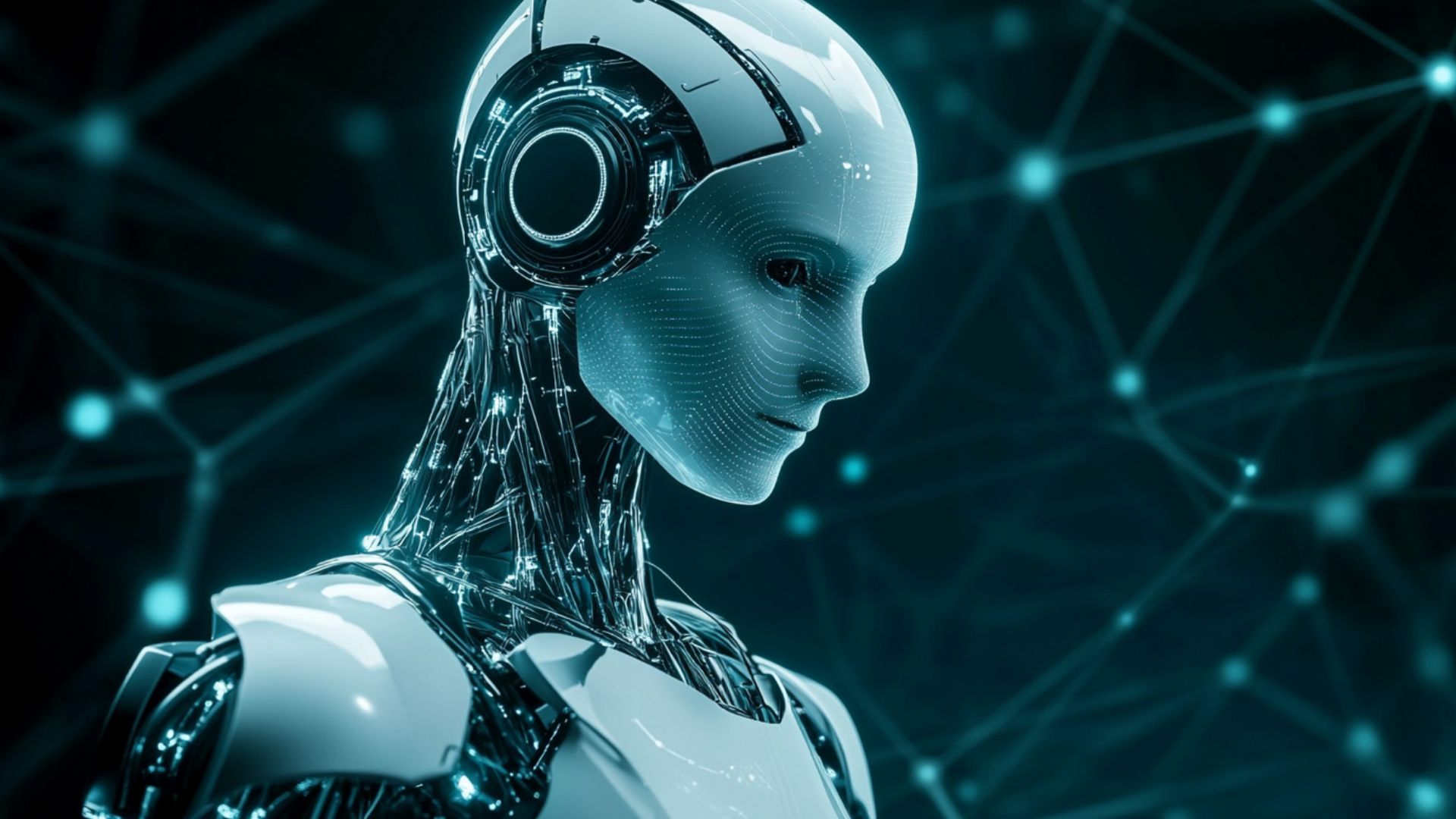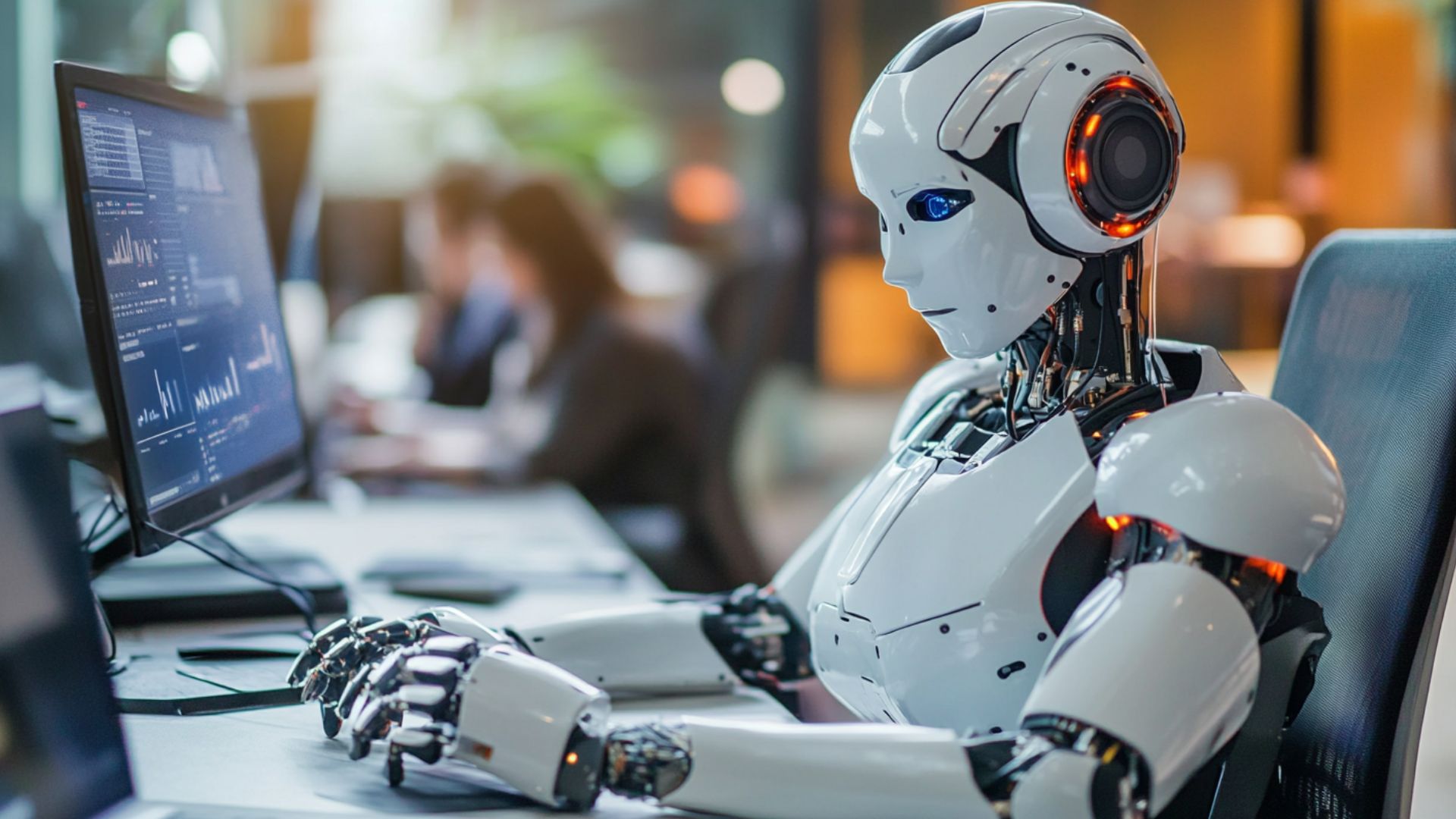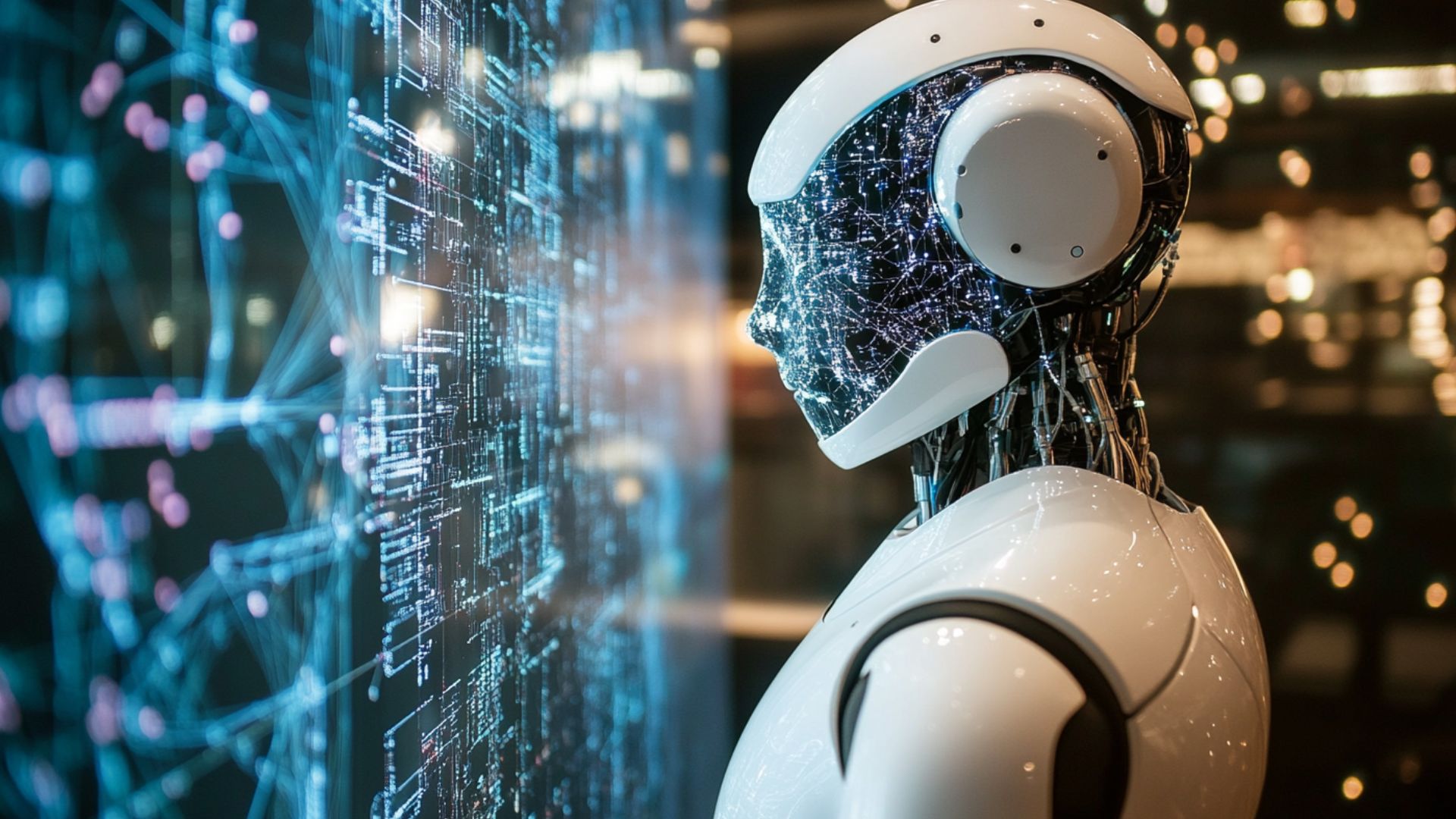Top AI Use Cases

The rise of AI is like a major shift in the world of technology. It's happening fast, and its effects are huge. AI has changed almost everything in our lives. It makes industries work differently and even changes how we go about our daily routines. It's not just in one area – it's in healthcare, finance, entertainment, education, and more. AI has brought new ideas and made things more efficient.
In this guide, we're taking a close look at AI. We'll explore some of the best AI use cases. And we will talk about the amazing systems that make it all happen. Our goal is to show you the best ways AI is being used in different fields. And we will introduce you to some of the most impressive AI systems out there.
Best AI Use Cases
When discussing AI use cases, it's important to understand what makes an AI successful. AI use cases are successful when they:
- Effectively solve complex problems.
- Improve productivity.
- Reduce costs.
- Enhance decision-making.
- Provide a competitive edge.
Now, let's dive into some of the best AI use cases across domains.
Healthcare: Predictive Diagnostics
One of the most prominent AI use cases in healthcare is predictive diagnostics. AI algorithms analyze vast datasets. It includes patient records, medical images, and genomic data. It's to identify patterns and predict diseases. For example, Google's DeepMind developed one of the best AI systems that can detect eye diseases. For example, diabetic retinopathy with remarkable accuracy. This not only expedites diagnosis. But it also helps in early intervention, potentially saving lives.
Finance: Fraud Detection
In the financial sector, AI is a game-changer for fraud detection. AI models can process large volumes of transactions in real time. They identify unusual patterns and anomalies that suggest fraudulent activity. Companies like PayPal and Mastercard use AI-driven fraud detection systems. They protect their customers from unauthorized transactions and financial losses.
Marketing: Personalized Recommendations
AI-powered recommendation systems have become a part of the e-commerce and entertainment industries. Companies like Amazon and Netflix use some of the best examples of AI algorithms to analyze user behavior. It enables them to offer personalized product recommendations and content suggestions. This not only enhances customer satisfaction but also drives sales and engagement.
Manufacturing: Predictive Maintenance
In manufacturing, AI is usually used for predictive maintenance. It involves monitoring equipment and machinery to predict when maintenance is needed. AI systems can forecast potential breakdowns by analyzing sensor data and historical performance. It allows companies to schedule maintenance proactively and cut downtime. This approach significantly reduces operational costs and enhances efficiency.

Best AI Systems: Examples
Step into the realm of AI excellence as we journey through the most remarkable AI systems of our time. In this section, we invite you to witness cutting-edge creations. They exemplify the incredible capabilities of artificial intelligence. We will go from self-driving cars to the finesse of advanced language translation. These real-world applications serve as testaments to AI's transformative impact. Each example is a testament to AI's capacity to revolutionize industries. It redefines our expectations and propels us into a future with limitless possibilities.
Self-Driving Cars: Tesla Autopilot
Tesla's Autopilot system is a prime example of top AI use cases in the automotive industry. It utilizes advanced sensors, cameras, and AI algorithms to enable semi-autonomous driving. Tesla's AI continuously learns from the driving behavior of millions of cars. It improves safety and performance. Fully autonomous driving is still in development. However, Autopilot showcases the potential of AI in the transportation sector.
Language Translation: Google Translate
Google Translate is a widely used AI system. It demonstrates the power of natural language processing (NLP). It can translate text and speech between hundreds of languages with impressive accuracy. Google's AI model uses deep learning techniques to understand context and nuances. It makes it a valuable tool for communication across language barriers.
Virtual Assistants: Amazon Alexa
Assistants like Amazon Alexa are some of the best examples of AI. They rely on AI to understand and respond to voice commands. These systems use natural language understanding (NLU) and speech recognition. It's to perform tasks such as setting reminders, answering questions, and controlling smart home devices. Alexa's continuous improvement is a testament to AI's role in enhancing user experiences.
Healthcare Diagnosis: IBM Watson
IBM Watson is a renowned AI system. It excels in healthcare diagnosis and treatment recommendations. It can analyze vast medical literature, patient records, and clinical data. It's to assist healthcare professionals in making informed decisions. Watson's ability to process and understand medical information has the potential to revolutionize the healthcare industry.

Best Examples of AI
Prepare to be enthralled. We embark on a journey through the most outstanding instances of AI in action. From the boundless creativity of natural language processing, enabling machines to write, compose, and converse with human-like fluency, to the remarkable prowess of computer vision, allowing machines to perceive and comprehend the visual world, we unveil the remarkable breadth of AI's transformative potential. These luminous examples span a multitude of domains. They showcase how AI isn't merely a tool but a dynamic force for innovation.
Natural Language Processing (NLP): GPT-3
GPT-3 is another one of the best AI use cases. OpenAI developed it, which is a state-of-the-art NLP model. It has garnered attention for its ability to generate human-like text. It can usually be used for content generation, chatbots, language translation, and writing. GPT-3 showcases the potential of AI to understand and generate human language.
Computer Vision: Image Recognition
Computer vision, a subfield of AI, has made remarkable progress in image recognition. AI algorithms can now identify objects, faces, and even emotions from media. This technology is usually used in security systems, autonomous vehicles, and medical imaging.
Reinforcement Learning: AlphaGo
AlphaGo, developed by DeepMind, is a prime example of reinforcement learning. It defeated the world champion Go players. And it demonstrated how one of the best AI systems can excel in complex strategy games. This achievement highlights the potential of reinforcement learning in solving real-world problems with decision-making and optimization challenges.
newo.ai: Cutting-Edge AI Solutions
newo.ai presents a groundbreaking and patented platform. It empowers you to create your very own Non-Human Worker, the Newo Intelligent Agent. This digital employee has the remarkable capabilities of Emotional and Conscious behavior. It goes beyond mere automation to become a valuable asset. It can sell your products, assist clients, and provide coaching and training.
Whether you prefer a DIY approach or want us to handle the creation doesn't matter. The process is effortless and swift. There's no need for extensive coding skills or low-code development when using this one of the best AI systems.
You can captivate your customers by harnessing the potential of Newo Intelligent Agents. You can elevate their happiness levels and witness a significant surge in sales. It's a transformative solution that can reshape your business landscape today.
FAQs
- What makes an AI use case successful?
A successful AI use case is characterized by its ability to solve complex problems, improve efficiency, reduce costs, enhance decision-making, and provide a competitive advantage.
- Can AI be applied to creative fields like art?
Yes, AI has made significant inroads into creative fields. They're art, music, and literature. AI-generated art, music composition, and even writing are gaining recognition. Artists and creators are using AI as a tool to augment their work and explore new possibilities.
- How can businesses identify the best AI use cases for their industry?
It requires a deep understanding of the industry's challenges. Businesses should start by conducting a thorough analysis. They analyze their processes, data, and goals. Consulting with AI experts can also provide valuable insights.
- What is the role of AI in the entertainment industry?
AI plays a multifaceted role in the entertainment industry. It's used for content recommendation, personalization, and audience engagement. AI-driven algorithms analyze user preferences to suggest movies, music, and content. It enhances user experiences. Also, it's used in content creation. It's generating scripts, special effects, and even deepfake technology.
- How can businesses measure the ROI of their AI investments?
Measuring ROI involves assessing the impact of AI on key performance indicators (KPIs). They're revenue, cost reduction, customer satisfaction, and productivity. It often requires tracking and analyzing data before and after AI implementation. Also, businesses should consider both the short-term and long-term benefits of AI. It's to get a comprehensive view of its ROI.
- Is AI ethical, and how can ethical concerns in AI be addressed?
AI ethics is a critical consideration in AI development and deployment. Ethical concerns can arise from bias in AI algorithms, privacy violations, and misuse. To address these concerns, organizations should focus on fairness, transparency, and accountability in AI systems. It includes audits of AI algorithms, inclusive data sets, and ethical guidelines usage.


